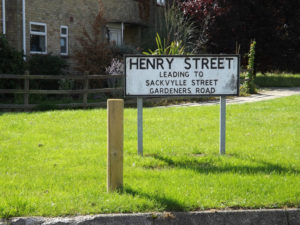Losing Your Home for a Crime You Did Not Commit

If someone is convicted of a criminal offence, the Proceeds of Crime Act 2002 is designed to prevent a person from benefiting from the proceeds of that crime. However, where that person has jointly owned assets – say, the house where he lives with his wife, then what is the position of the co-owner in this situation.
In simple terms, any co-owner would be entitled to their share in the property. However, if the property is only registered in, say, the husband’s name, then there can be difficulties in establishing that the joint owner should be entitled to claim their equitable interest in the property.
There is a provision in the Proceeds of Crime Act that would entitle a co-owner to make representations to the Court to establish their equitable interest in the property before an order for confiscation is made. However, a recent Supreme Court case suggests that in more complex cases, there is no need for a Judge in a Crown Court case to conduct a lengthy enquiry into the issue of ownership. Following the case of Hilton, we are likely to see fewer cases where the Crown Court is willing to engage in this process and, so confiscation orders will be more likely to be made regardless of the possibility that the property is, in fact, jointly owned.
Our expert Proceeds of Crime Act teams ensure that they are entirely up to date with emerging case law and legislation, therefore are bettter able to protect better the interests of clients and others who may have an interest in their jointly owned property, so you can contact us for expert advice in this area.
[Image credit: “Henry Street sign” by Adrian Cable is licensed under CC BY-SA 2.0]